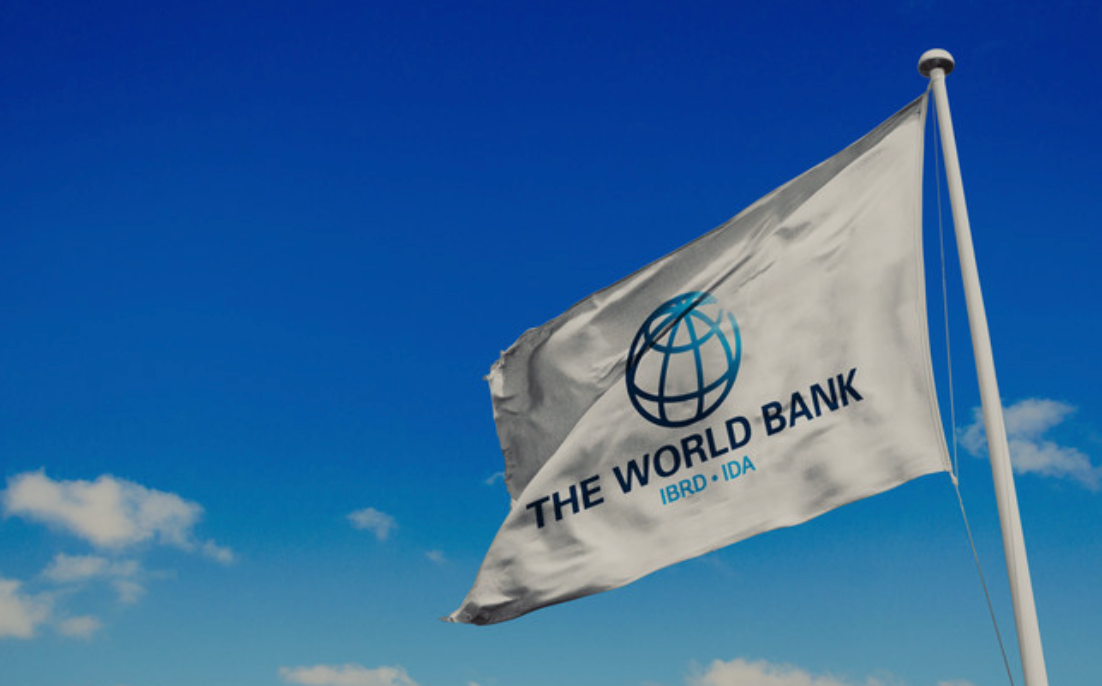World Bank Loses Track of $24 Billion in Climate Funding
04.11.2024 15:00 2 min. read Kosta Gushterov
A recent report by Oxfam has revealed that approximately $24 billion to $41 billion in climate funds allocated by the World Bank remains unaccounted for, which could represent about 40% of all climate financing provided to the institution between 2017 and 2023.
The audit highlights significant deficiencies in record-keeping practices, preventing any clear assessment of how these funds were utilized. This lack of transparency raises concerns about whether the money was actually spent on initiatives related to the World Bank’s stated goals, such as clean energy projects and climate adaptation efforts for low- and middle-income countries.
An anonymous insider within the World Bank suggested that the amount of missing funds could be ten times higher than Oxfam’s estimates. Kate Donald, head of Oxfam International’s Washington D.C. Office, criticized the World Bank for its tendency to promote its climate financing figures without providing proper accountability
She likened this practice to evaluating a diet based solely on a grocery list, rather than examining what ultimately ends up being consumed.
Furthermore, the report points out that the complexity and incompleteness of the data made it extremely difficult for Oxfam researchers to uncover the truth about the funding’s actual allocation. Donald emphasized that the opacity surrounding this information is alarming, asserting that understanding how billions of dollars earmarked for climate action are spent should not require extensive research.
The World Bank is recognized as the largest single provider of climate finance, accounting for 52% of all funds distributed by multilateral development banks. In response to Oxfam’s findings, a spokesperson from the World Bank stated that while they dispute the report’s conclusions, they appreciate their ongoing engagement with Oxfam and other civil society organizations in promoting greater transparency in their climate work.
-
1
Federal Reserve Chair Jerome Powell Reportedly Weighing Resignation
12.07.2025 21:00 2 min. read -
2
Vitalik Buterin Warns Digital ID Projects Could End Pseudonymity
29.06.2025 9:00 2 min. read -
3
Donald Trump Signs “One Big Beautiful Bill”: How It Can Reshape the Crypto Market
05.07.2025 9:56 2 min. read -
4
Toncoin Launches UAE Golden Visa Program Through $100,000 Staking Offer
06.07.2025 12:04 2 min. read -
5
What’s Driving July’s Crypto Conversations, According to Santiment
05.07.2025 22:00 2 min. read
Stablecoins Now Used in Credit Cards, Putting Bank Deposits at Risk
Stablecoins are no longer just a crypto-native tool—they’re reshaping financial access, payments, and even central banking dynamics.
BitGo Files Confidentially for IPO With SEC
BitGo Holdings, Inc. has taken a key step toward becoming a publicly traded company by confidentially submitting a draft registration statement on Form S-1 to the U.S. Securities and Exchange Commission (SEC).
Crypto Greed Index Stays Elevated for 9 Days — What it Signals Next?
The crypto market continues to flash bullish signals, with the CMC Fear & Greed Index holding at 67 despite a minor pullback from yesterday.
U.S. Public Pension Giant Boosts Palantir and Strategy Holdings in Q2
According to a report by Barron’s, the Ohio Public Employees Retirement System (OPERS) made notable adjustments to its portfolio in Q2 2025, significantly increasing exposure to Palantir and Strategy while cutting back on Lyft.
-
1
Federal Reserve Chair Jerome Powell Reportedly Weighing Resignation
12.07.2025 21:00 2 min. read -
2
Vitalik Buterin Warns Digital ID Projects Could End Pseudonymity
29.06.2025 9:00 2 min. read -
3
Donald Trump Signs “One Big Beautiful Bill”: How It Can Reshape the Crypto Market
05.07.2025 9:56 2 min. read -
4
Toncoin Launches UAE Golden Visa Program Through $100,000 Staking Offer
06.07.2025 12:04 2 min. read -
5
What’s Driving July’s Crypto Conversations, According to Santiment
05.07.2025 22:00 2 min. read


